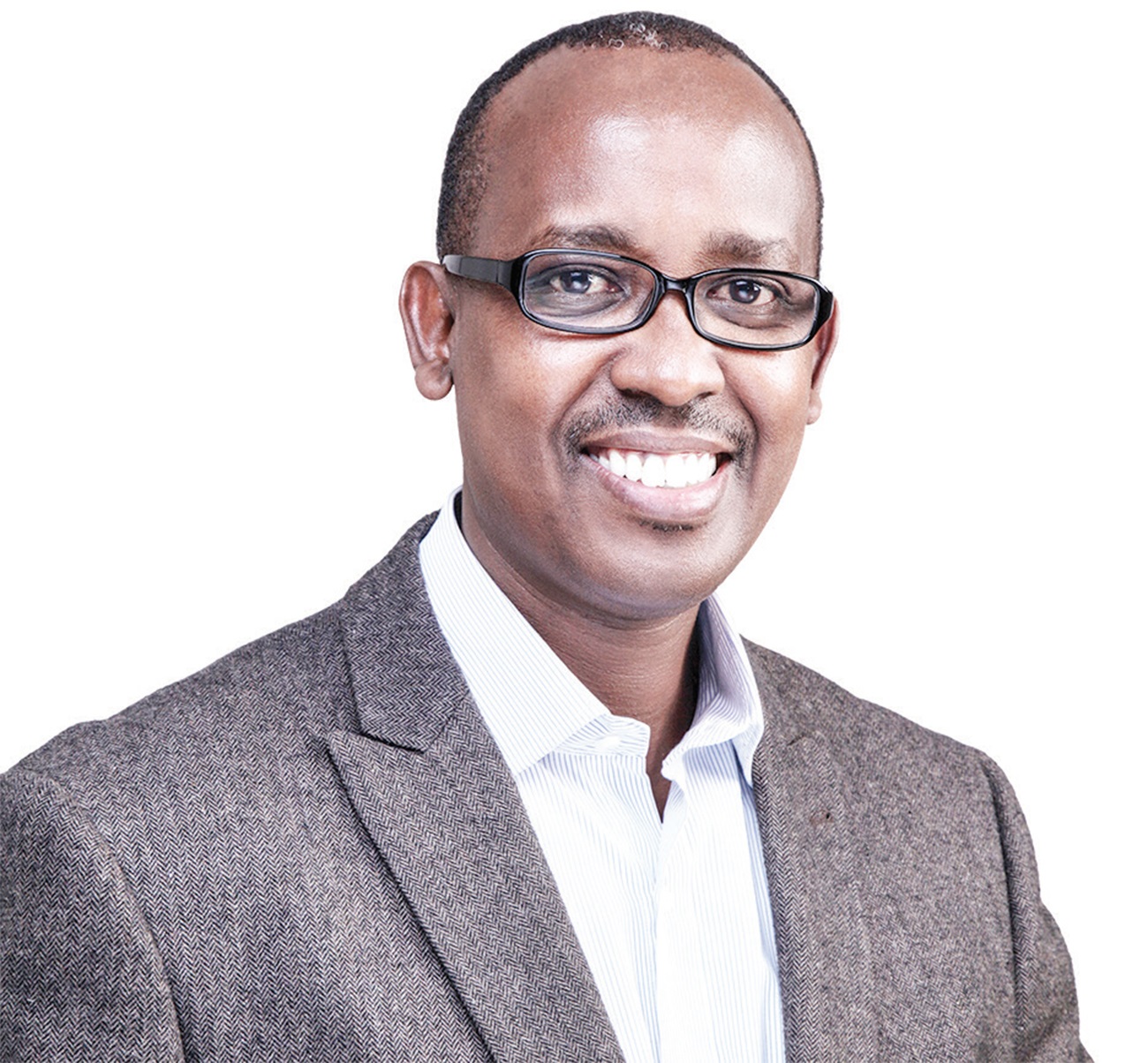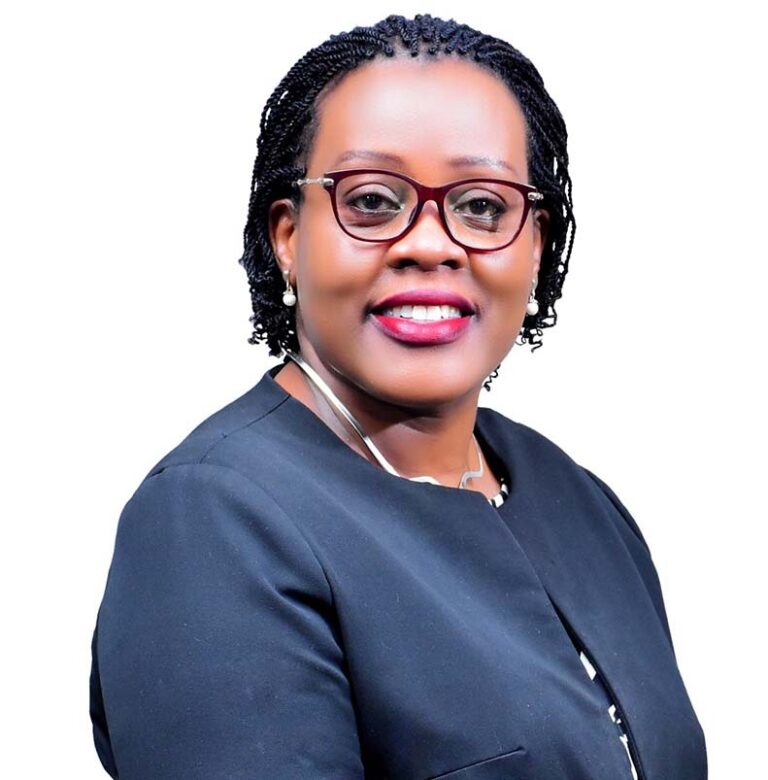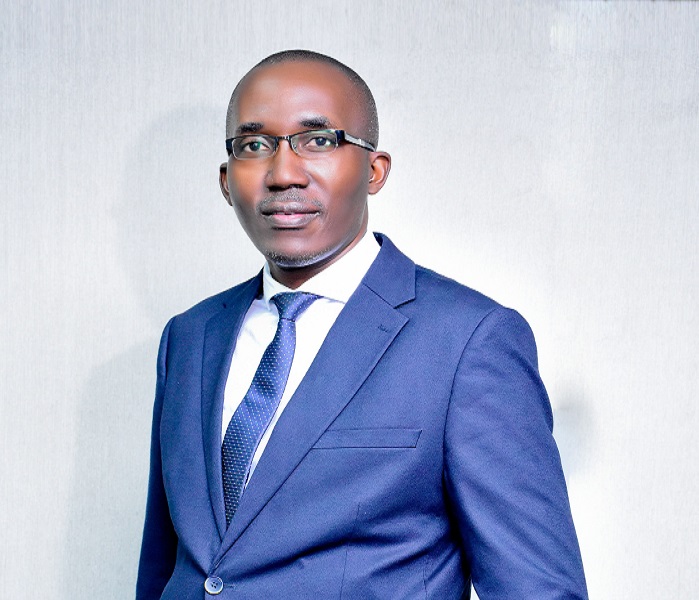
By Odrek Rwabwogo
HABARI DAILY I Kampala, Uganda I The late Professor George Kanyeihamba came from a stock of honest men and women whose asset is their forthrightness in dealing with public issues, their sense of candour in managing relationships and brilliance in debate about what a country or an institution needs.
They may be disagreeable, but they do their work and speak with conviction. Many are leaving us today because they were born when Uganda was still a colony. As you can see, Kanyeihamba was born at the start of the Second World War.
These people took early education when few people went to school and they excelled. They served the early unstable governments of Uganda in the 1970s and 1980s and they brought the Movement into knowledge and acceptability by domestic and international audiences.
At the time, very few knew about the NRM and its leaders and even a substantial global opinion, called NRM leaders, communists.
This cohort of our leaders represented by Kanyeihamba are now dying and they are being buried in their country of birth not in exile. This is something to thank God for as a country.
Prof. Kanyeihamba was very sincere when he disagreed with you and he told you what he felt and thought about you.
It was you to convince him otherwise by force of both your character and ideas. Many people will instead speak ill about you in the dark and smile when they meet you. He was different.
I remember, when he was head of the legal and drafting committee in the Constituent Assembly (CA), he disagreed vehemently with my evening summary reports of the sessions.
He came to my editor to protest, asking my editor to either substitute me with another person or restrain my writing, which he thought was more opinionated than actual.
I listened to Prof. Kanyeihamba when I was told he had held strong opinions about my work and we became friends.
Years later, when we settled in the same neighbourhood in Buziga, he called me about a young man who had done a shoddy job for me and run away from work that I had given him.
He insisted I must pay the young man even if his work wasn’t pleasing. I listened and did what Prof asked me to do. That tells you, he worked with people of lower means as well as high status freely and joyfully.
I suppose this is also why in 1988, he came to our small village in Byaazo of Kiruhura as minister to arbitrate in a family conflict of my late grandparents. He would have sent a junior officer but he stepped in himself!
I will miss this spirit of public service that exhibits to us a sense of humility and availability to the common person.
Even when a church began in our home next to his house in Buziga, he encouraged and wrote to my wife to keep preaching the word of God and he even came to church in our home.
Professor Kanyeihamba also loved nature and culture, in spite of his busy schedule of writing, teaching, politics and public service.
He once told me the reason he loved and stayed in Wales in exile, was the rolling hills in the middle of that part of the United Kingdom for it reminded him of the hills of Kabale where he grew up.
Indeed, when I first took a train from Paddington in London to Cardiff in the spring of 1996 as a student, I saw with my eyes these beautifully shaped rolling hills with sheep and cattle grazing in the grassland.
I later visited the Brecon Beacons, rounded high rolling terrain in south Wales which confirmed fully why Mzee Kanyeihamba had fallen in love with this county and its people.
He was the only person who came to my university and took me out for a meal. I will miss him and his sense of generosity. You never forget these moments later in life.
Culturally, he was also well rooted in his people and his soil. I found out recently that he came from the sub-clan of the Abagabira, who have the same mother as Abazigaaba and Abasakuru and Abanyangabo.
For any young people who might not know our country’s history, these clans I mention are connected to the greater Nkore, Rujumbura, Mpororo, Bunyoro, Toro and Buganda.
These clans specifically produced John Bikanganga — Omusakuru from Bukimbiri, who was the leader or Rutakirwa of Kigyezi from about 1963.
I have not checked but I suspect that Paulo Ngorogoza of the Bainika clan, (his praise name was Ruguusha rwa Nyinababiri) who led Uganda to independence negotiations in the UK in 1961 and had been native chief administrator of Kigyezi, might belong to the same roots as Kanyeihamba.
Ngorogoza worked closely with Ankore leaders — like Mzee Mungonya, to settle many Bakiga in Mwiizi of Rwampara in 1947.
The same grouping, I think produces Dr Manuel Muranga, the husband of my sister in the Lord, Dr Florence Muranga of the Tooke product that is doing well in Uganda, DRC and now in the US! Do you see how connected through Kanyeihamba and his roots we are as a people?
Those of you who want to separate us with tribal and religious talk of yesterday, you will fail. You should be careful because as 65 nations of Uganda, we are now more interconnected today than you think.
Finally, I thank President Yoweri Museveni for allowing us to honour Mzee Kanyeihamba last year with the national leadership award. To honour this old man in front of hundreds of youth leaders and elders at national level, gave me great joy and I am honoured that we were a small part of Kanyeihamba’s life in this aspect.
To you, young people listening to me, there is no loss in honouring the elders.
A Stanford University experiment some time back on regenerative medicine, showed that if you pair an old organism with a young one and you connect their circulatory systems and their blood flow, the old organism regains muscles, bone strength and better breathing while the young one ages, but not at a terrible rate. Both organisms gain some time in their lives.
In social terms, we learn better when we pair ourselves with the older groups so we can see what they went through to build a country while at same time we re-energise them with better, newer knowledge that they might not have.
That is how I work and that is what we call mentorship to sustain a country’s growing institutions and push out bad elements who want to reverse our gains in democracy, economy and society.
We need more Kanyeihambas in the public service, in Parliament, in institutions to keep reminding us to stay the course and not be diverted and to tell us without fear or favour.
The Lord bless the family of Kanyeihamba and keep them in perfect peace through this season.




